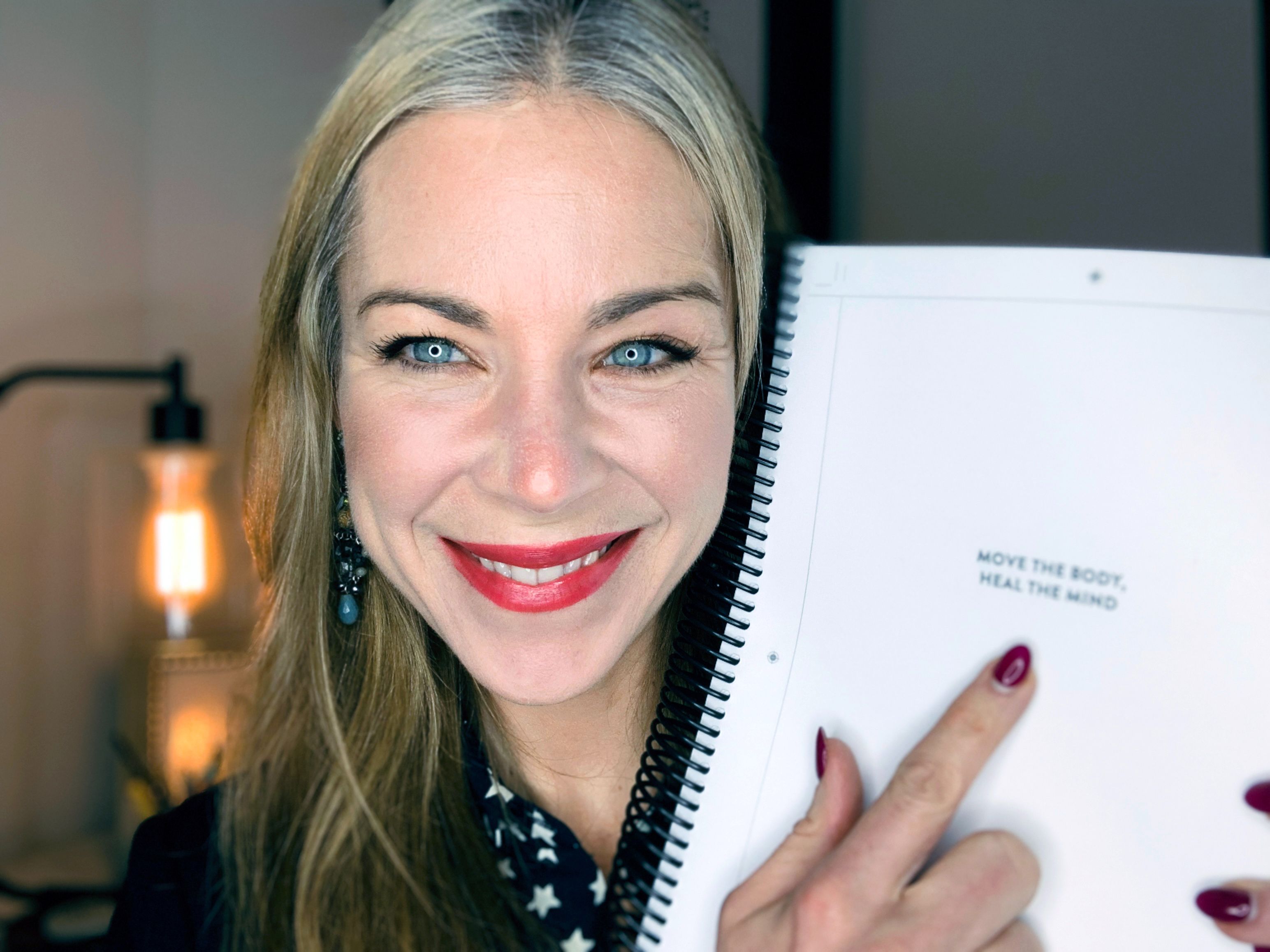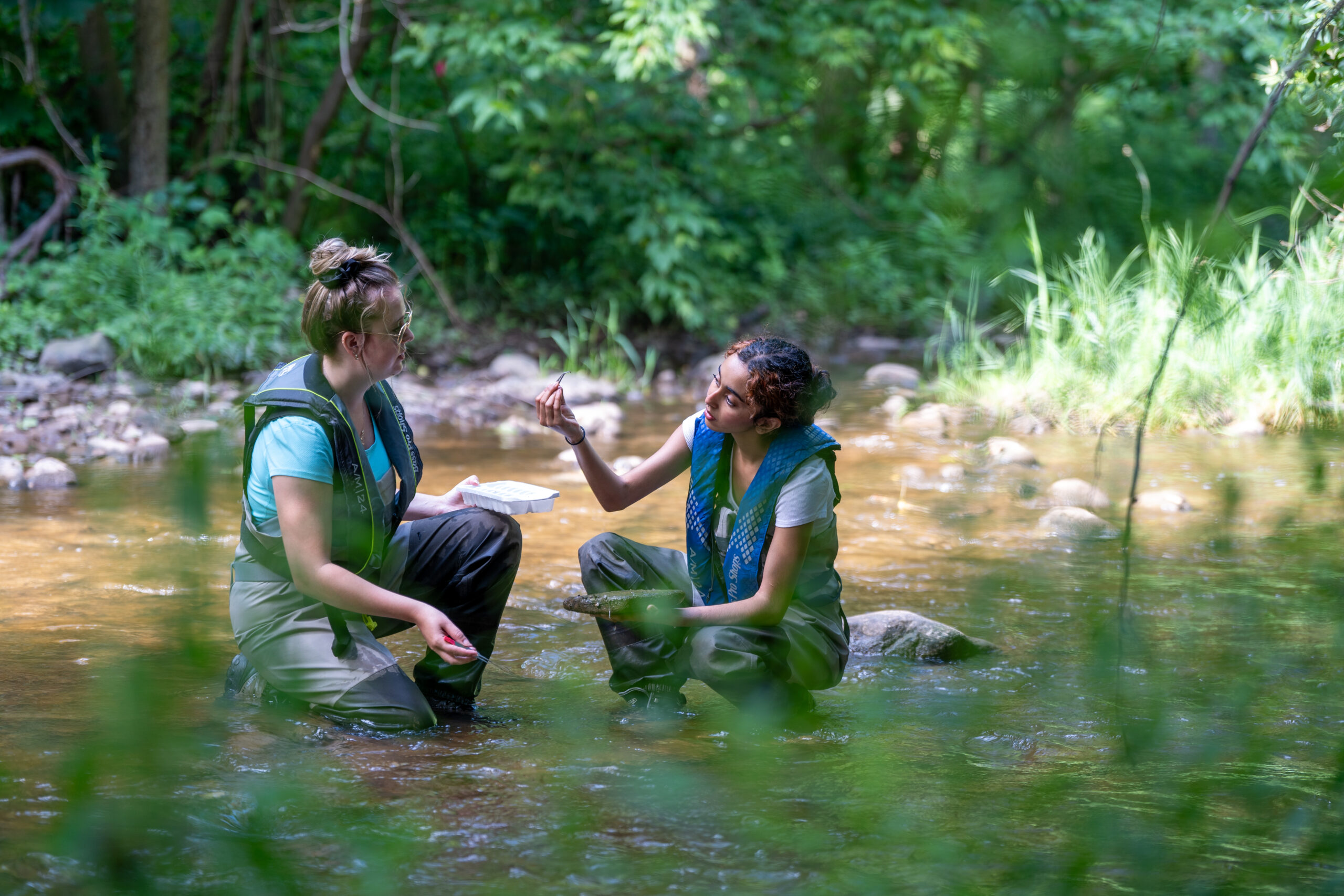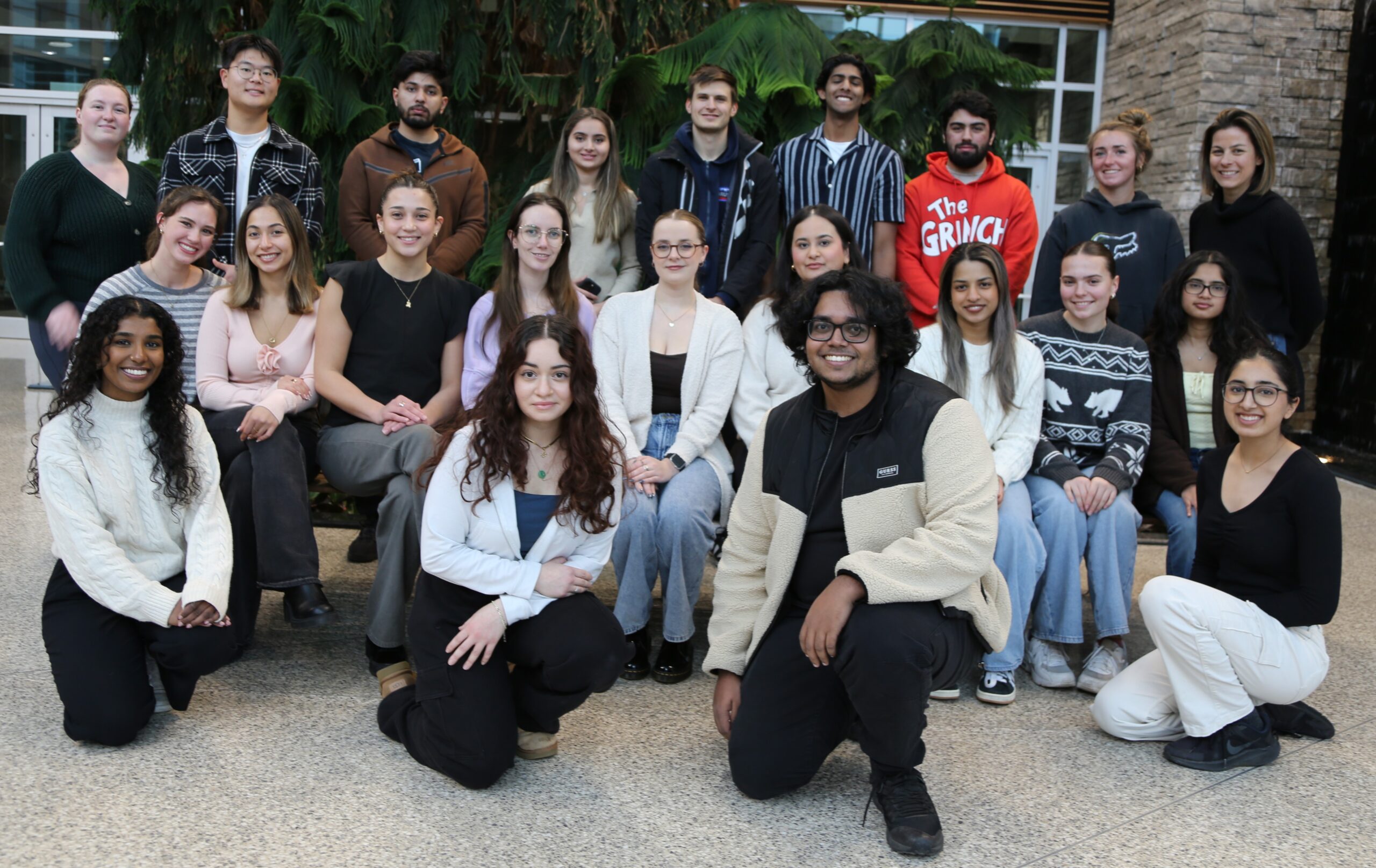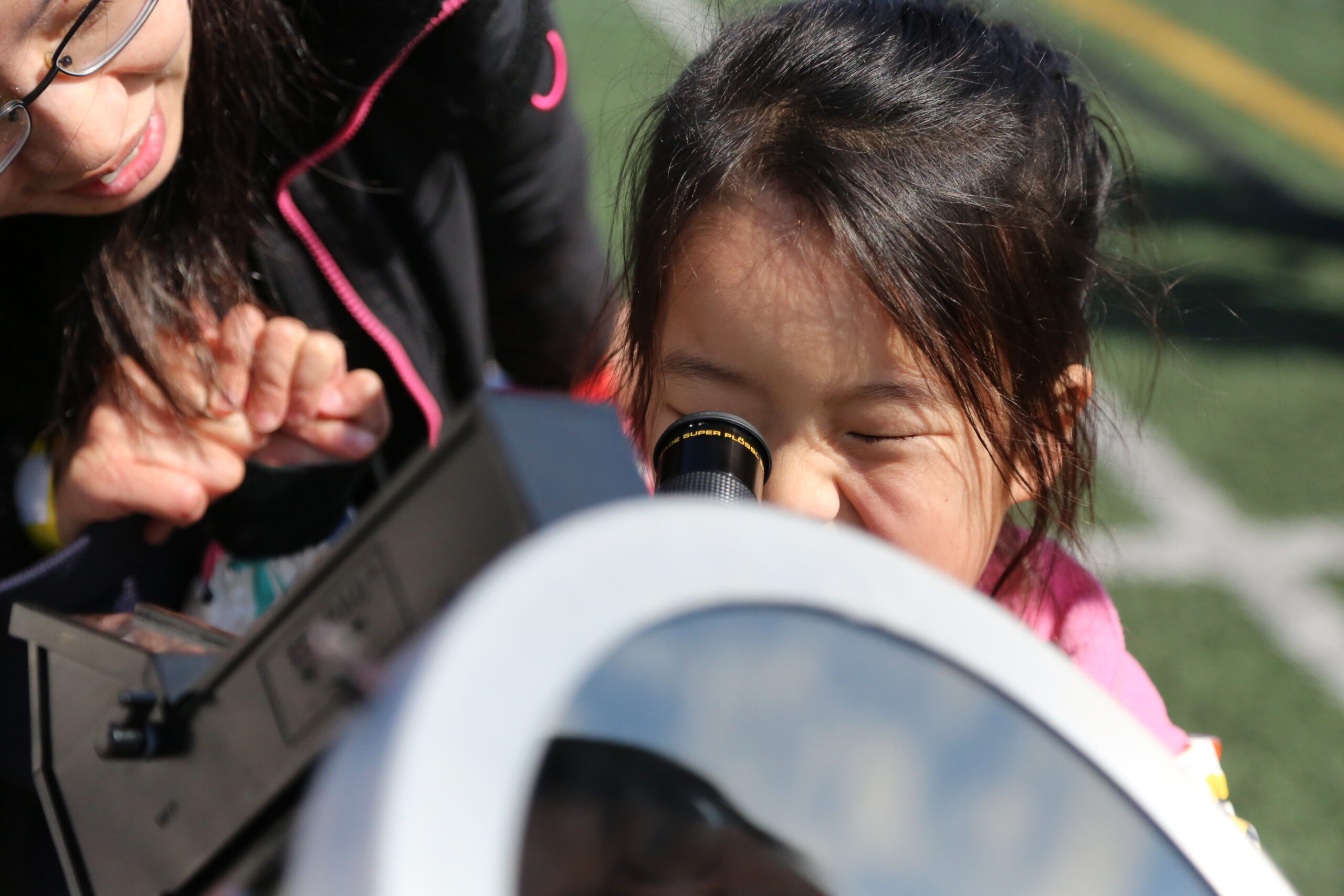5 Questions with Jennifer Heisz

Jennifer offers advice to other faculty members who’ve thought about writing a book about their research for a general audience.
How did you get started on your book?
It’s been my lifelong dream to write a book. I assumed this would be a retirement project. But thanks to the tremendous support I received from my colleague Martin Gibala, that dream was expedited. Marty paved the way with the publication of his own book The One-Minute Workout and he generously shared his industry contacts. From there, I secured a literary agent for my book.
How long did you work on the book from start to finish?
My book features research on exercise and the brain from my NeuroFit Lab, which I founded in 2013. The idea for this book came to me in August 2018 after I’d just registered for my first half ironman triathlon. I thought it would be fun to track my progress in training for this new sport and back it up with the latest science from my lab and other researchers.
From that point, it took me over a year to draft the proposal. The proposal included a synopsis of the book, a summary of each chapter and a sample chapter. After receiving feedback from Canadian publishers in November 2019 (think: revise and resubmit), I re-worked the proposal and secured a U.S. publisher in the summer of 2020. Their contract required me to deliver the book by March 2021 and all edits were finalized by August 2021. So, all in all, it took me three years for conception to final product.
What was the biggest challenge with writing your book? What was most rewarding?
A major challenge in writing my book was making the time for it. I had to forgo time with friends and family so I could write, which was really hard.
Another challenge was translating the science in a way that would be interesting for a general audience but still accurate. I ended up creating personas from the average data point, which helped bring the evidence to life.
Finally, the biggest challenge for me was publicly sharing my own personal struggles with mental health, which I had never done before. It made me feel very vulnerable but at the same time it was very cathartic.
The most rewarding aspect of writing my book was thinking about the potential impact it may have on people who are struggling with mental illness. I also gained incredible insight into my own research and devised new experiments that my students and I will test in the lab for years to come.
Why is it important to share research with the general public?
The general public wants to have trusted information. Scientists have that information but we don’t always present it in the most accessible way.
Writing a book for the general public forces us to think more inclusively about the way we communicate our science. But rest assured, similar principles apply. For example, having a good method is key. My method? First, I synthesized the literature and identified the best studies to highlight. Then, I translated the science into a story that would be interesting and relatable. And finally, I verified that my story still accurately represented the science. The results? To be published in March 2022.
Would you consider write another book?
Yes, I will write another book. In fact, I’m in the process of developing a new book proposal right now. I expect it will be easier to write a second book… but that’s just my hypothesis. I’ll let you know when the data are in.
Related News
News Listing

Science Careers & Experience Centre: Empowering Science Students for Success in 2025 and Beyond
Careers & Experience, Community
January 7, 2025

To understand it, teach it – students take nutrition science course on the road
Community, Student experience, Students, Teaching excellence
December 3, 2024

Physics and Astronomy grad students offer out-of-this-world view at total solar eclipse viewing party
Community, Engagement excellence, Graduate students
April 8, 2024
